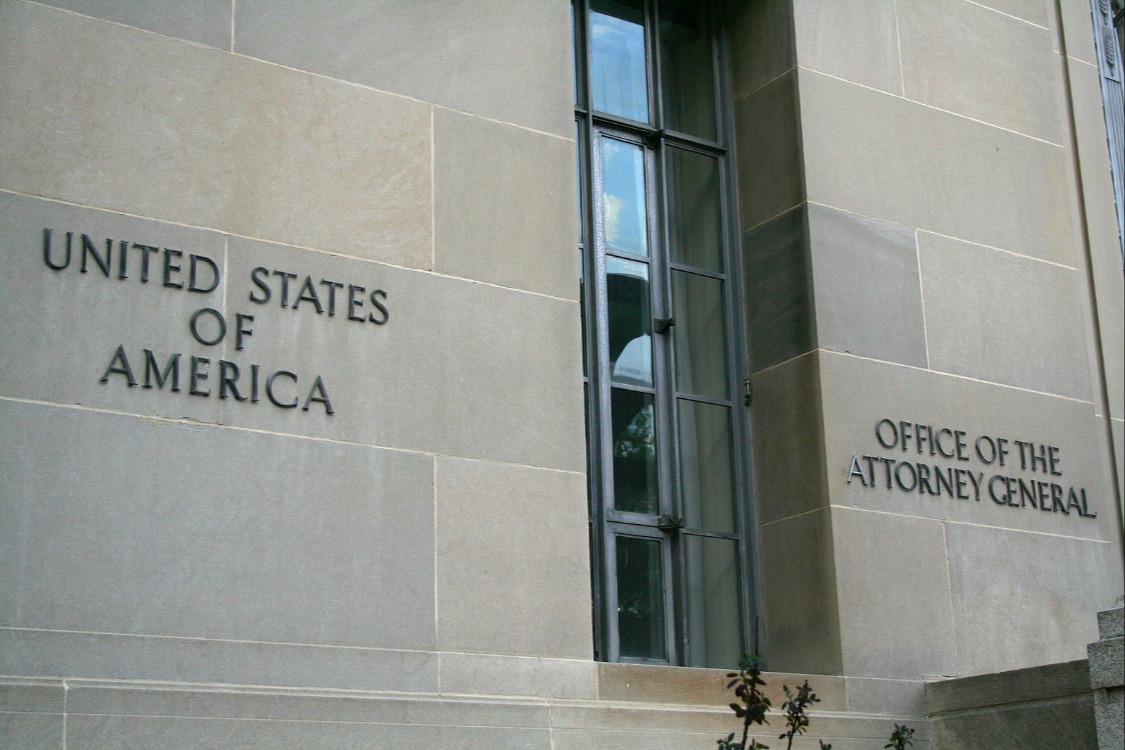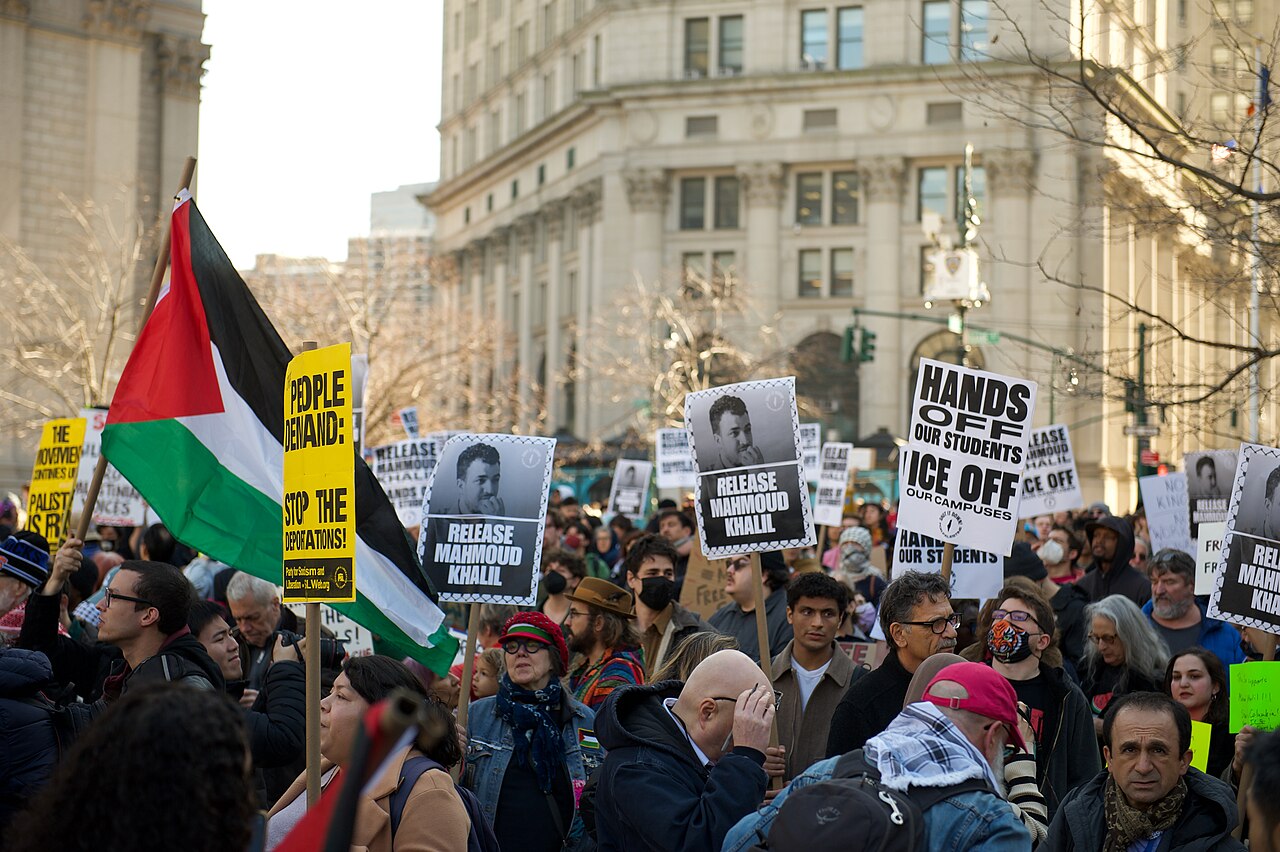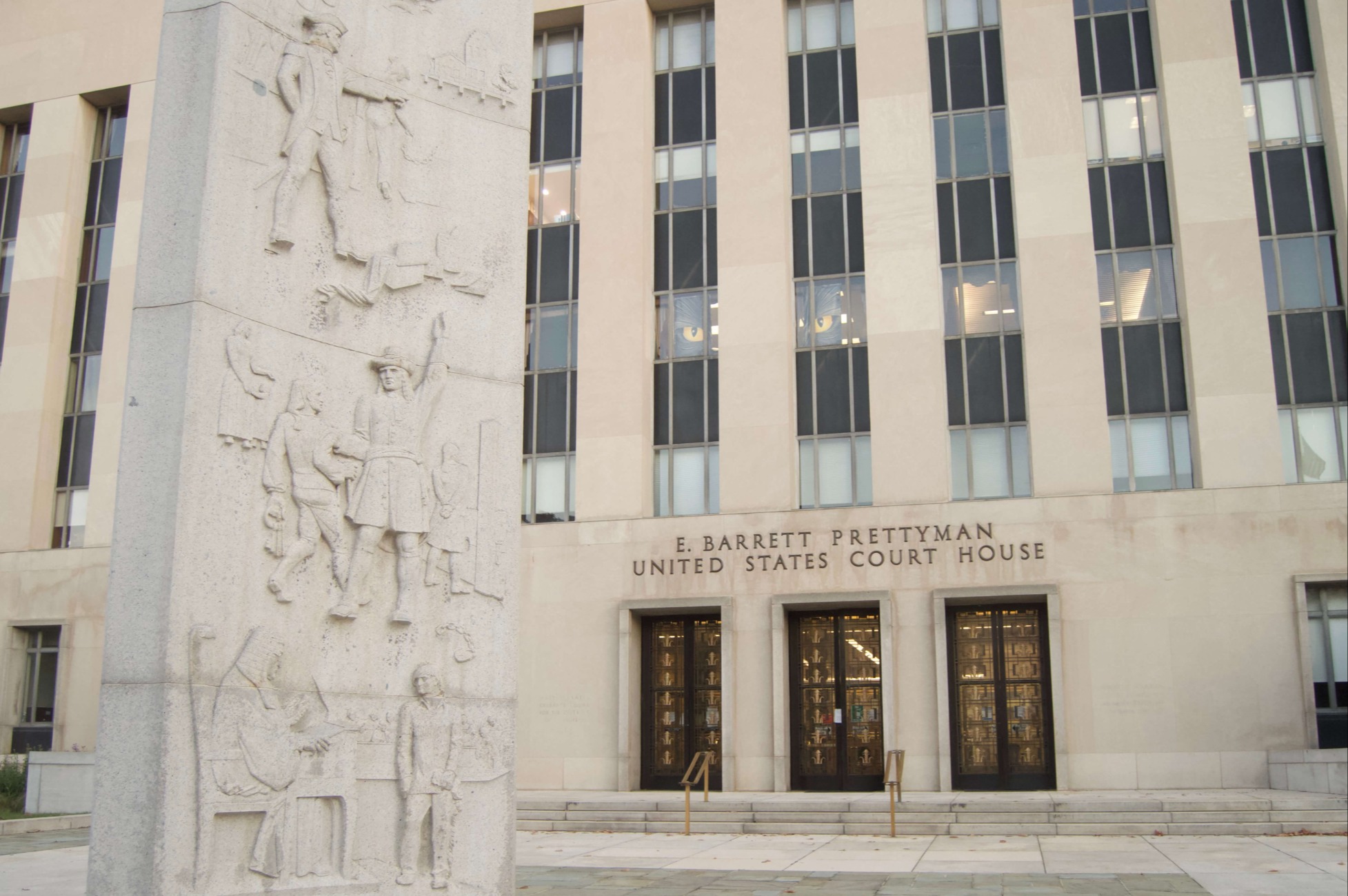About That 60-Day Rule...
As of this Friday, Sept. 7, there will be 60 days until the November midterm elections. According to Rudy Giuliani, that means that the Mueller investigation will—or, at least, should—conclude a significant proportion of his investigation before then:
Just a few days before 60 day run-up to 2018 elections. If Mueller wants to show he’s not partisan, then issue a report on collusion and obstruction. They will show President Trump did nothing wrong. Then we will have to admit you were fair. And we will.
— Rudy Giuliani (@RudyGiuliani) August 25, 2018
Published by The Lawfare Institute
in Cooperation With

As of this Friday, Sept. 7, there will be 60 days until the November midterm elections. According to Rudy Giuliani, that means that the Mueller investigation will—or, at least, should—conclude a significant proportion of his investigation before then:
Just a few days before 60 day run-up to 2018 elections. If Mueller wants to show he’s not partisan, then issue a report on collusion and obstruction. They will show President Trump did nothing wrong. Then we will have to admit you were fair. And we will.
— Rudy Giuliani (@RudyGiuliani) August 25, 2018
Giuliani has been peddling this talking point for a while now, insisting variously that Justice Department policy requires Special Counsel Robert Mueller to conclude the Russia investigation by the end of this week or that the Mueller’s office must simply lie low for the two months in the runup to the midterms.
The only problem with this argument is that it’s wrong. And helpfully, Justice Department Inspector General Michael Horowitz spelled out exactly why it’s wrong in three short pages of his recent report on the FBI’s conduct in the Clinton email investigation.
Two years ago, Jane Chong dove deep into the supposed 60-day rule in a Lawfare post on FBI Director James Comey’s October 2016 letter on new developments in the Clinton investigation. As she wrote then, there is no formal rule barring Justice Department action in the days immediately before an election. Rather, the “rule” is more of a soft norm based on what former Attorney General Eric Holder himself described as “long-standing Justice Department policies and tradition.” In a guidance Holder issued in 2012, the attorney general wrote that, “Law enforcement officers and prosecutors may never select the timing of investigative steps or criminal charges for the purpose of affecting any election, or for the purpose of giving an advantage or disadvantage to any candidate or political party”—which, Chong noted, leaves a wide loophole for actions taken near an election without the purpose of affecting that election. In 2016, Attorney General Loretta Lynch issued a similar memorandum with the same language, as the inspector general report lays out.
Chong’s post was, in fact, cited by the inspector general report in the office’s own analysis of whether Comey had violated the supposed 60-day rule. “The 60-Day Rule is not written or described in any Department policy or regulation,” the report says. Investigators canvassed a range of “high-ranking [Justice] Department and FBI officials” on their own understandings of the guideline, which the report describes as “a general practice that informs Department decisions.”
This short section of the 500-plus-page report shows broad agreement among the current and former Justice Department officials interviewed that there is some kind of principle against taking action in such a way as to potentially influence an election, though the interviewees do not precisely agree on the contours of that principle. Former U.S. Attorney for the Southern District of New York Preet Bharara stated, investigators write, that “there is generalized, unwritten guidance that prosecutors do not indict political candidates or use overt investigative methods in the weeks before an election.” Former Deputy Attorney General Sally Yates located the cutoff more precisely at the 90-day instead of the 60-day mark.
The inspector general’s office also interviewed Ray Hulser, the former deputy assistant attorney general for the Public Integrity Section of the Justice Department, who was involved in the drafting of Lynch’s 2016 election integrity. Interestingly, Hulser told investigators that the Public Integrity Section had actually considered codifying the 60-day rule in the Lynch memo, but had decided not to because such a policy would be “unworkable.”
So not only is Giuliani incorrect in stating that Mueller has some obligation to wrap up all or part of his investigation before Sept. 7—the policy he’s describing as a matter of wishful thinking is actually one that the Justice Department considered and rejected.
All this is before we even get to questions about what actions Mueller might consider to potentially have an effect on the election, especially given that the second Paul Manafort trial is set to begin at the end of September. And, as Bharara noted on Twitter, while President Trump’s party will be on the ballot on November 8, the president himself will not be.
If you’re interested, the relevant section of the inspector general report is included below.





